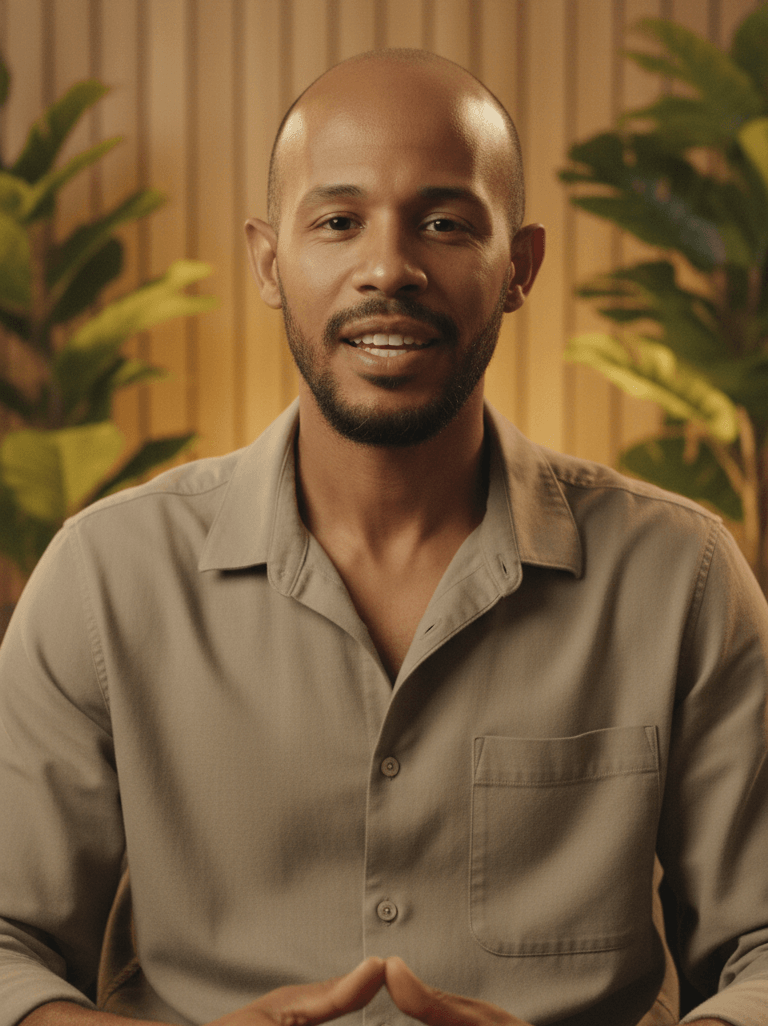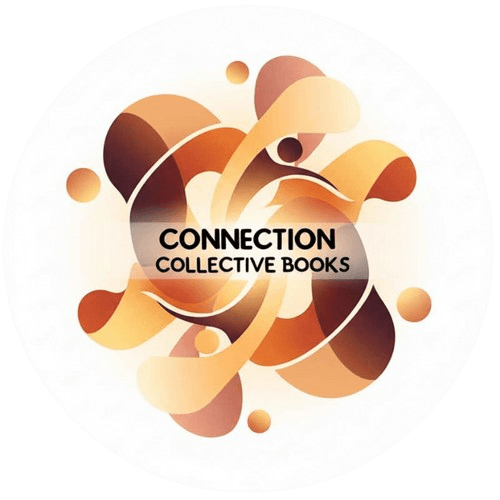How to Handle a One-Sided Friendship Without Losing Yourself
Friendships can be some of the most rewarding relationships in our lives—bringing joy, support, and a sense of belonging. But what happens when the friendship feels one-sided? Maybe you’re always the one calling, checking in, or offering help, while your friend rarely reciprocates. Over time, this imbalance can leave you drained and questioning your worth.
The good news? You can navigate this challenge without losing yourself—or your ability to build healthy, lasting connections. Let’s dive into some strategies inspired by the principles of cultivating strong friendships.
1. Spot the Green and Red Flags Early
If your friendship feels unbalanced, it’s important to reflect on the dynamic. Ask yourself:
Does my friend show empathy, honesty, and reliability?
Or do they often cross boundaries, bring negativity, or make me feel unappreciated?
Recognizing these signs helps you separate temporary rough patches from consistent patterns of neglect. Healthy friendships are built on mutual respect—not one person constantly giving while the other only takes.
2. Communicate Your Feelings Clearly
Often, one-sided friendships persist because expectations remain unspoken. Before walking away, try to express how you feel:
Use “I” statements: “I feel unappreciated when I’m always the one reaching out.”
Practice active listening: Allow your friend to share their perspective without judgment.
Set clear boundaries: Let them know what you need moving forward—whether that’s more effort, respect for your time, or emotional support.
Sometimes, a friend may not even realize how their behavior impacts you until you voice it.
3. Balance Effort With Self-Respect
Friendships require effort, but it shouldn’t feel like emotional labor. If you’re pouring time into someone who never reciprocates, it’s okay to step back.
Limit how often you initiate contact and see if they reach out.
Invest energy in friends who reciprocate—those who celebrate your successes, respect your space, and show up in meaningful ways.
Remember: you deserve balance in your relationships.
4. Decide Whether to Heal or Let Go
Not every friendship is meant to last forever. If a relationship consistently drains you despite honest communication, it may be time to reevaluate.
Heal the friendship if your friend is willing to meet you halfway.
Let go gracefully if it becomes clear the relationship no longer serves you. Parting ways doesn’t mean failure—it’s a step toward healthier, more fulfilling connections.
5. Become the Friend You’d Want to Have
One-sided friendships often prompt us to reflect inward. Ask yourself: Am I showing up the way I expect others to?
Be empathetic and celebrate your friends’ wins.
Respect boundaries and practice reliability.
Keep working on your own growth, so your friendships thrive on mutual trust and joy.
Final Thoughts
Handling a one-sided friendship isn’t easy, but it’s also an opportunity to redefine what healthy relationships look like in your life. By recognizing the signs, communicating honestly, and choosing whether to heal or let go, you protect your energy and make room for connections that truly nourish you.
✨ If this topic resonates, you’ll love Chapter 4 of Friends: The Pros, Cons, and Long Term Effects in The Human Connection Series. Dive deeper into understanding emotional boundaries and how they shape meaningful friendships.
💡 “Boundaries aren’t walls that keep people out—they’re bridges that help us connect more authentically. When we honor both our needs and those of our friends, we create relationships that can thrive without resentment or imbalance.” — Friends: The Pros, Cons, and Long Term Effects
👉 Get your copy of the book here and start building friendships that are both joyful and sustainable.

Fabian Florrice
From navigating the ups and downs of friendships to sharing lessons learned along the way, Fabian writes with heart and honesty about what it really takes to build meaningful connections. With a gift for turning everyday challenges into practical wisdom, they help readers feel seen, understood, and encouraged. Through The Human Connection Series, Fabian invites others to not just think about friendship differently, but to live it more intentionally and joyfully.
Related posts
This article helps you learn to use conflict as a tool for strengthening your relationships rather than damaging them. It provides simple, actionable steps based on core principles.
The first post in our series on active listening. We dive into the foundational principles of truly hearing what others are saying beyond their words.
An exclusive look at a section from the book 'Love: Building Relationships That Last' that delves into the critical role of trust in a relationship.
All Rights Reserved. Connection Collective © 2025




